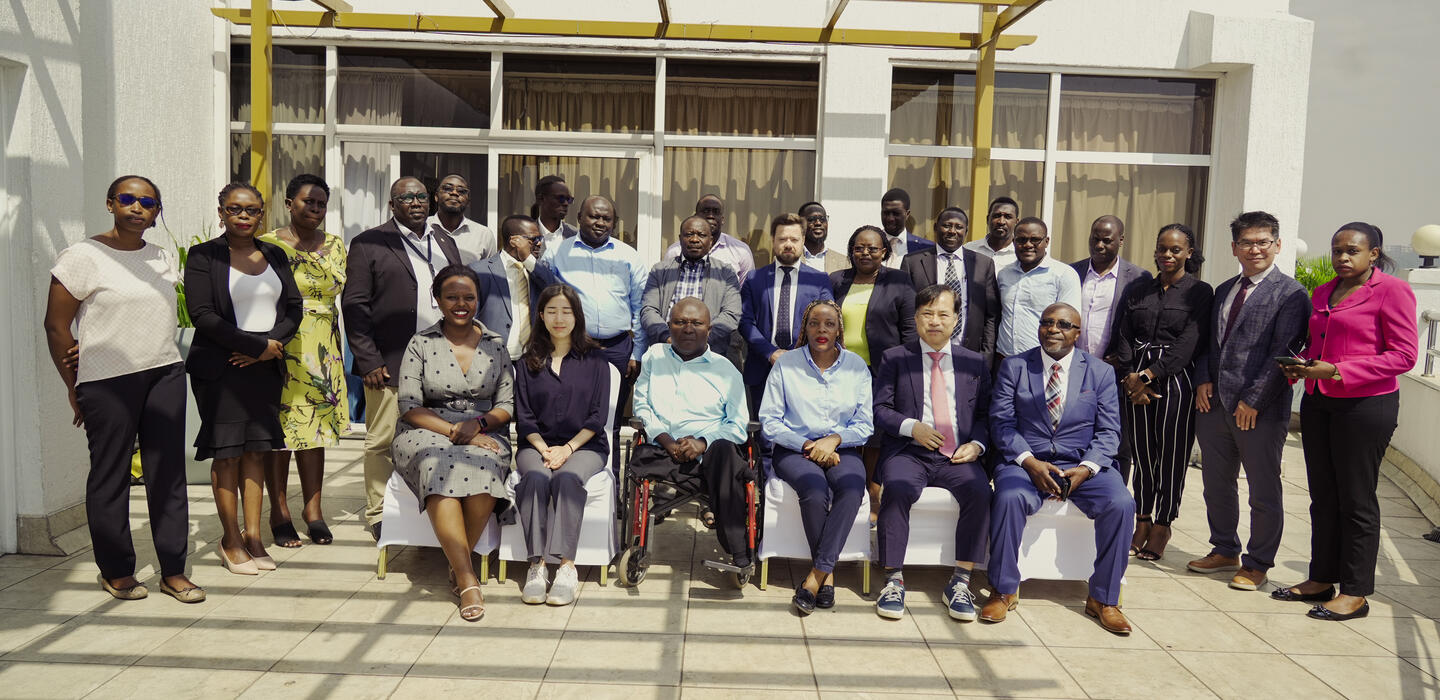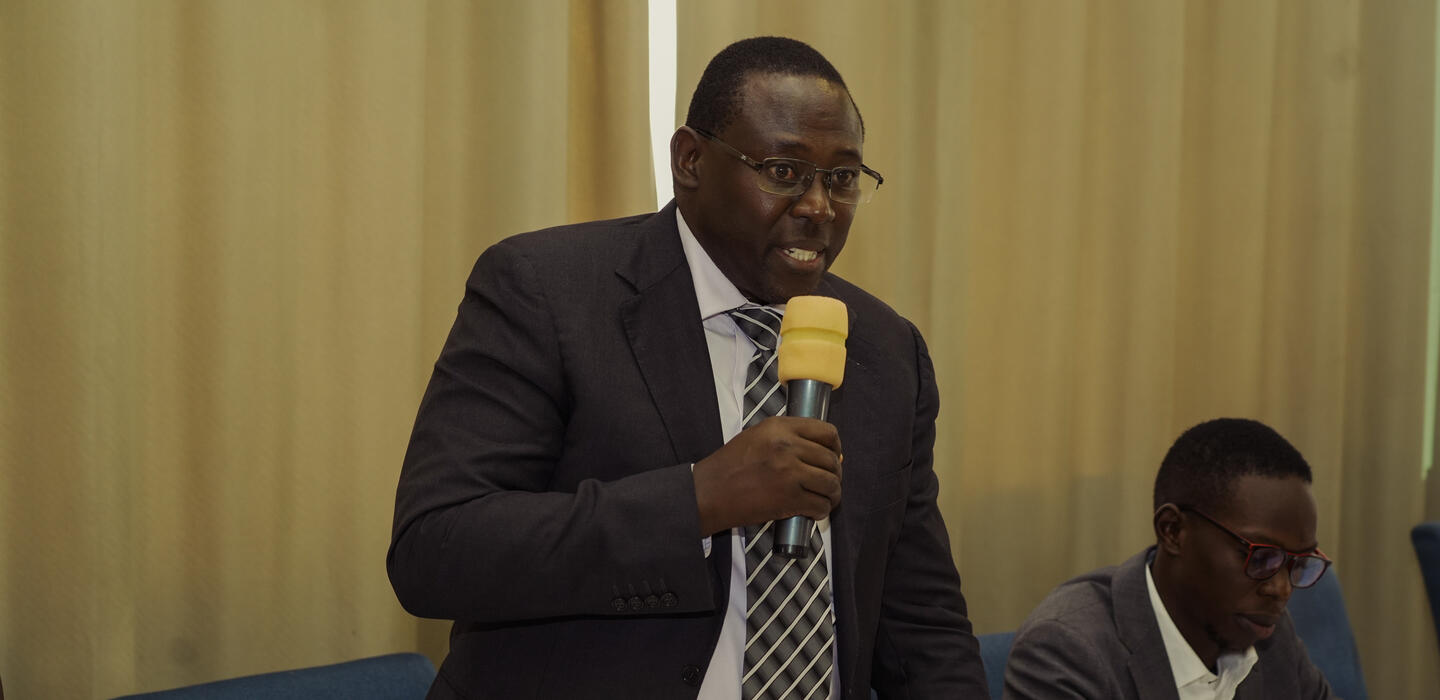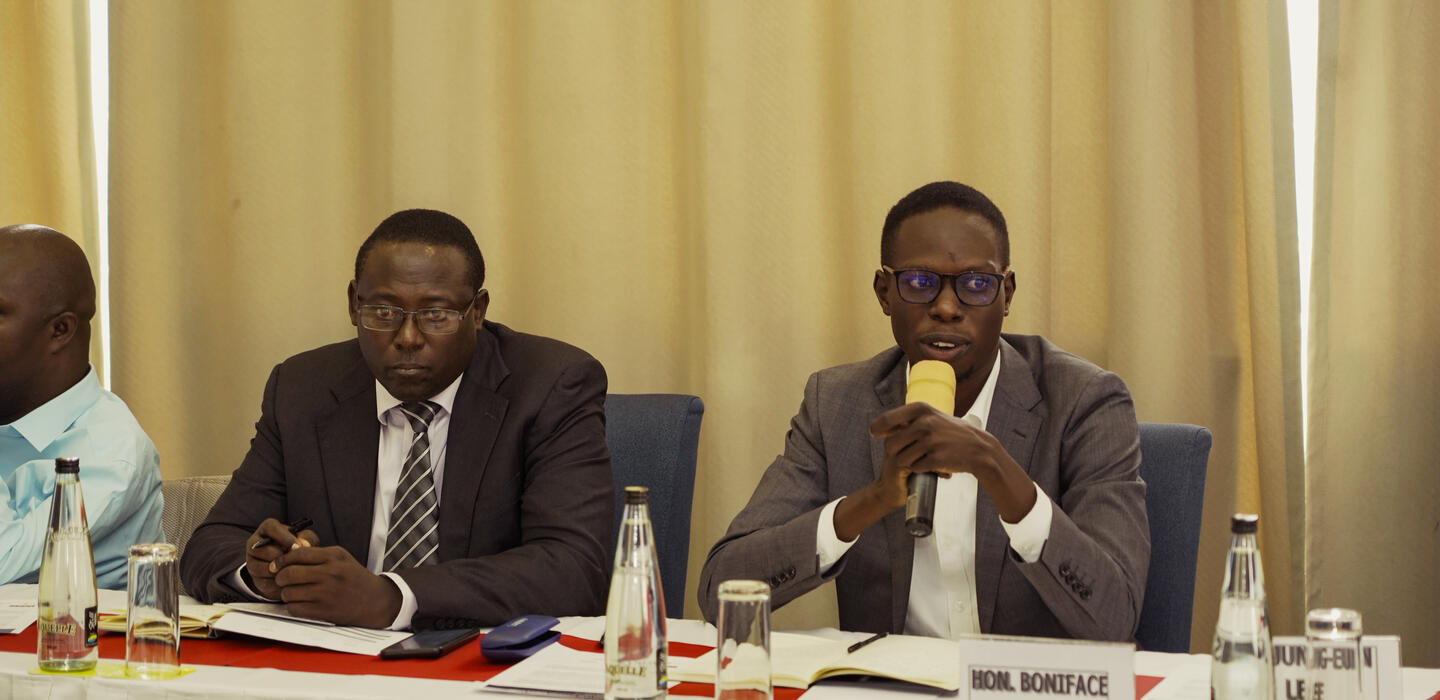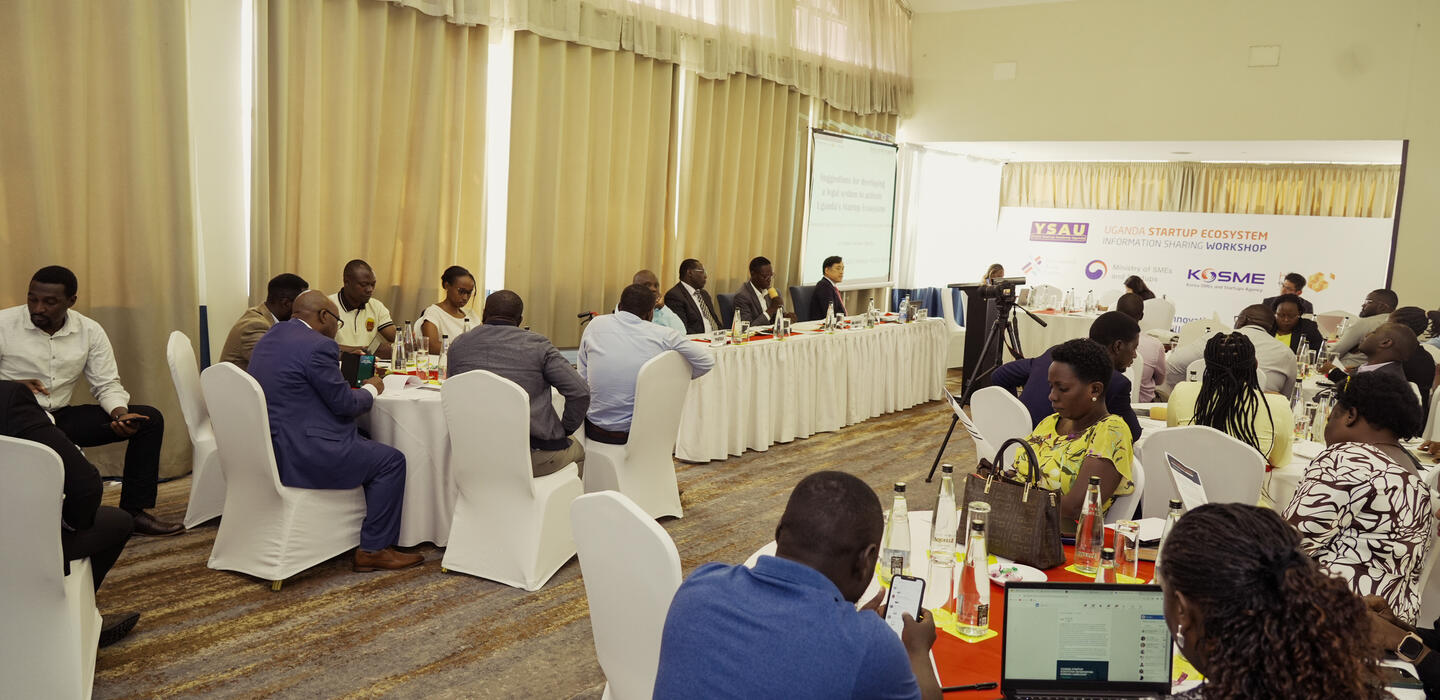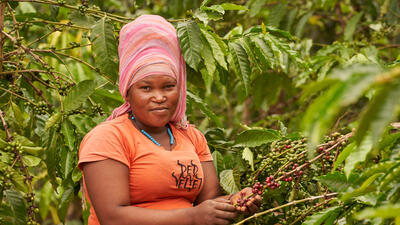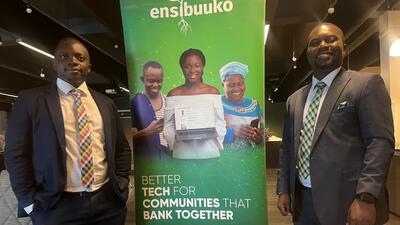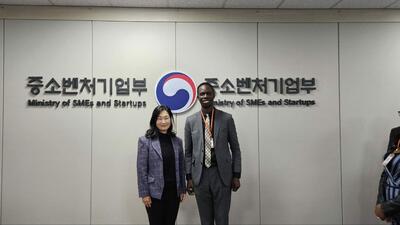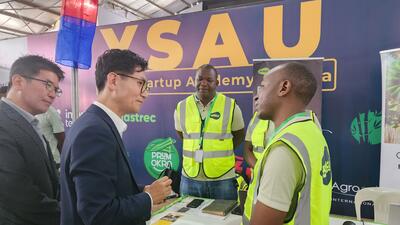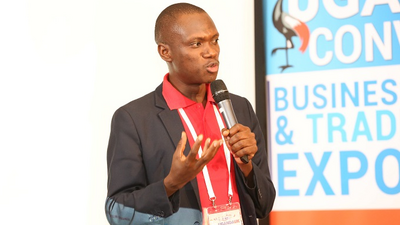
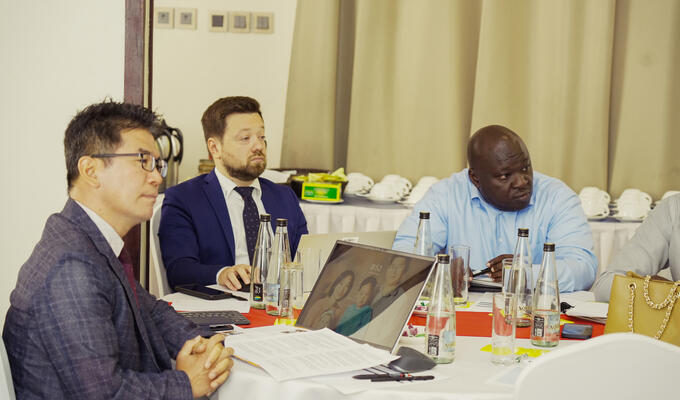

Uganda draws from Korean experience in drafting rules for startups
As Uganda works on a new law and policy to support the nation’s startups, policymakers are drawing insights from the Republic of Korea on how to best drive innovation among entrepreneurs.
The Youth Startup Academy Uganda (YSAU), which the International Trade Centre (ITC) launched in 2021, has already made strides in its goal to bring 1,000 young entrepreneurs through its incubator programme.
ITC, in partnership with the National Information Technology Authority of Uganda (NITA-U) and startup incubators Hive Colab and Innovation Village, hosted a workshop on 4 October 2023 for lawmakers and government officials in Kampala, as part of its efforts to help startups thrive in Uganda.
As discussions around the startup law and policy have progressed, ITC has laid a foundation for Parliament and the Government of Uganda to work together to drive innovation, accelerate startups’ growth, and improve the ecosystem.
The YSAU operates in partnership with NITA-U, with funding from the Ministry of SMEs and Startups of Korea (MSS) and the Korea SMEs and Startups Agency (KOSME). It’s housed at the Hive Colab co-working hub.
To make startups a key economic driver, parliamentarian Boniface Okot plans to introduce a bill to support them.
The Technical Working Group of the Ministry of Trade, Industry and Cooperatives has conducted an assessment on how startup policy can unlock existing social, economic, and regulatory bottlenecks.
ITC has facilitated work on both the startup bill and the accompanying government policy. A first workshop on information sharing in the Uganda startup ecosystem was held in July 2023.
Young-Tae Kim, a professor at the Korea Advanced Institute of Science & Technology (KAIST), presented insights and best practices from the development of the Korean startup ecosystem. He provided policy recommendations that could apply to Uganda.
In the workshop, Boniface Okot and the Technical Working Group proposed a roadmap of the startup policy and a process for a startup bill to seek support for legislative and policy interventions for young Ugandan entrepreneurs.
`Uganda's burgeoning startup scene demands legal protection,’ Okot said. ‘A dedicated startup law ensures fair play, encourages investments, and spurs innovation. Time is of the essence. Enacting these laws swiftly is pivotal for nurturing a thriving entrepreneurial ecosystem in Uganda.’





